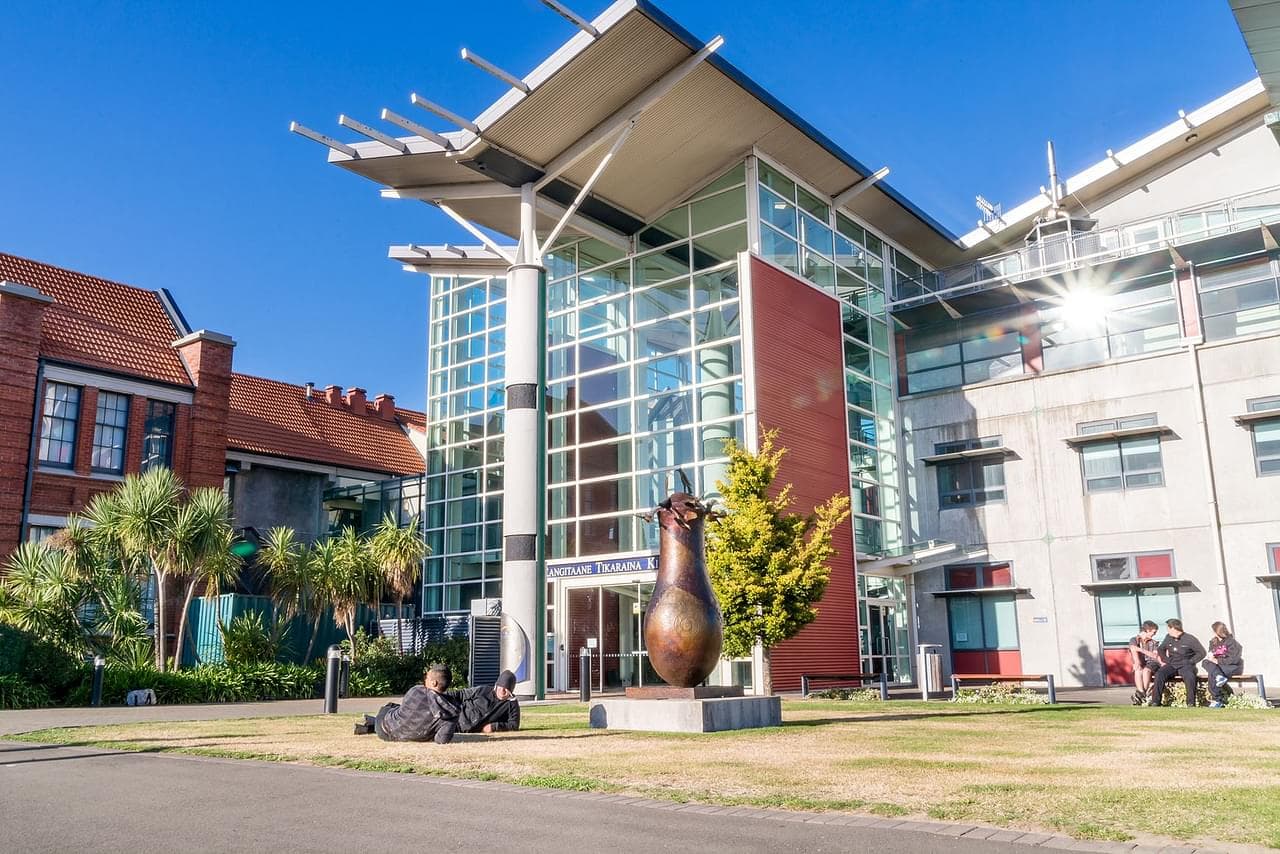This programme comprises 120 credits. The courses include:
Child Development (15 Credits)
Students will learn theoretical perspectives of child development (from birth to six years) relevant to the context of Aotearoa. After this course, you will be able to:
- Describe key local and global theories of child development and learning approaches.
- Explain the significance of understanding child development and learning theories in teaching mokopuna in early childhood settings.
- Explain the connections between current neuroscience and child development and learning theories, perspectives and approaches.
Education and Society (15 Credits)
Ākonga will examine social and cultural contexts in education, including the Tiriti o Waitangi and the implications for early childhood education. After this course, you will be able to:
- Describe how knowledge of the history of te Tiriti o Waitangi informs Treaty-based relationships in early childhood education in New Zealand.
- Explain how the education system shapes the role of teachers in Aotearoa.
- Analyse concepts of equity and equality in Early Childhood Education (ECE) settings in New Zealand.
Professional Inquiry in Practice 1: Professional and Reflective Practice (15 Credits)
Students will gain the knowledge, practice, values and attitudes required to be effective professional teachers in early childhood education. After this course, you will be able to:
- Document observations of children’s learning and development.
- Describe your developing teaching practices to facilitate children’s learning and development.
- Develop the use of te reo and tikanga Māori.
- Apply reflective practice in an ECE context.
- Demonstrate beginning/emerging skills and knowledge related to The Standards for the Teaching Profession.
Professional Inquiry in Practice 2: Communication and Relationships (15 Credits)
Ākonga will learn the collaborative communication skills required to be effective professional teachers in early childhood education. After this course, you will be able to:
- Develop effective communication and collaborative relationships as part of the professional responsibilities of early childhood teachers.
- Apply appropriate cultural protocols when communicating with Māori and Pasifika learners and their families.
- Discuss the roles and responsibilities of a professional early childhood teacher.
- Develop the correct pronunciation and use of te reo and tikanga Māori in the Practical Experience Placement.
- Demonstrate emerging skills and knowledge related to The Standards for the Teaching Profession.
Te Puna Reo (15 Credits)
Students will learn te reo Māori me ngā tikanga and its relevance to their work in early childhood services. After this course, you will be able to:
- Use correct pronunciation of te reo Māori words and sentences appropriate for teaching and learning experiences at an introductory level in an early childhood setting.
- Recite karakia, mihi, pepeha and perform waiata ā ringa while participating in pōwhiri on the marae.
- Retell significant local pūrākau of hapū and iwi of the area.
- Reflect on participation in noho marae.
Play, Curriculum & Pedagogy (15 Credits)
Ākonga will learn the concept of play as a curriculum in Early Childhood Education in Aotearoa. After this course, you will be able to:
- Explain how play contributes to young children’s learning and development within the context of New Zealand, from a range of national and international perspectives.
- Analyse children’s learning and development based on observations using various techniques.
- Explain the role of the teacher in supporting children’s play.
Artistic Languages of Children (15 Credits)
Students will develop curriculum knowledge, skills and understandings of effective learning and teaching processes and strategies in the visual arts, music and movement. After completing this course, you will be able to:
- Describe how the visual arts and music and movement experiences contribute to young children’s learning and development.
- Explain the importance of artistic, cultural images and experiences and how these support children’s sense of cultural identity.
- Plan and implement artistic and music and movement curriculum in response to diverse abilities, interests and needs.
Educational Approaches (15 Credits)
Ākonga will understand historical and contemporary educational ideas, philosophies and approaches informing early childhood education in Aotearoa. After this course, you will be able to:
- Compare the ideas of a historical and contemporary educationalist who inform early childhood education.
- Examine the range of early childhood approaches to education in New Zealand.
